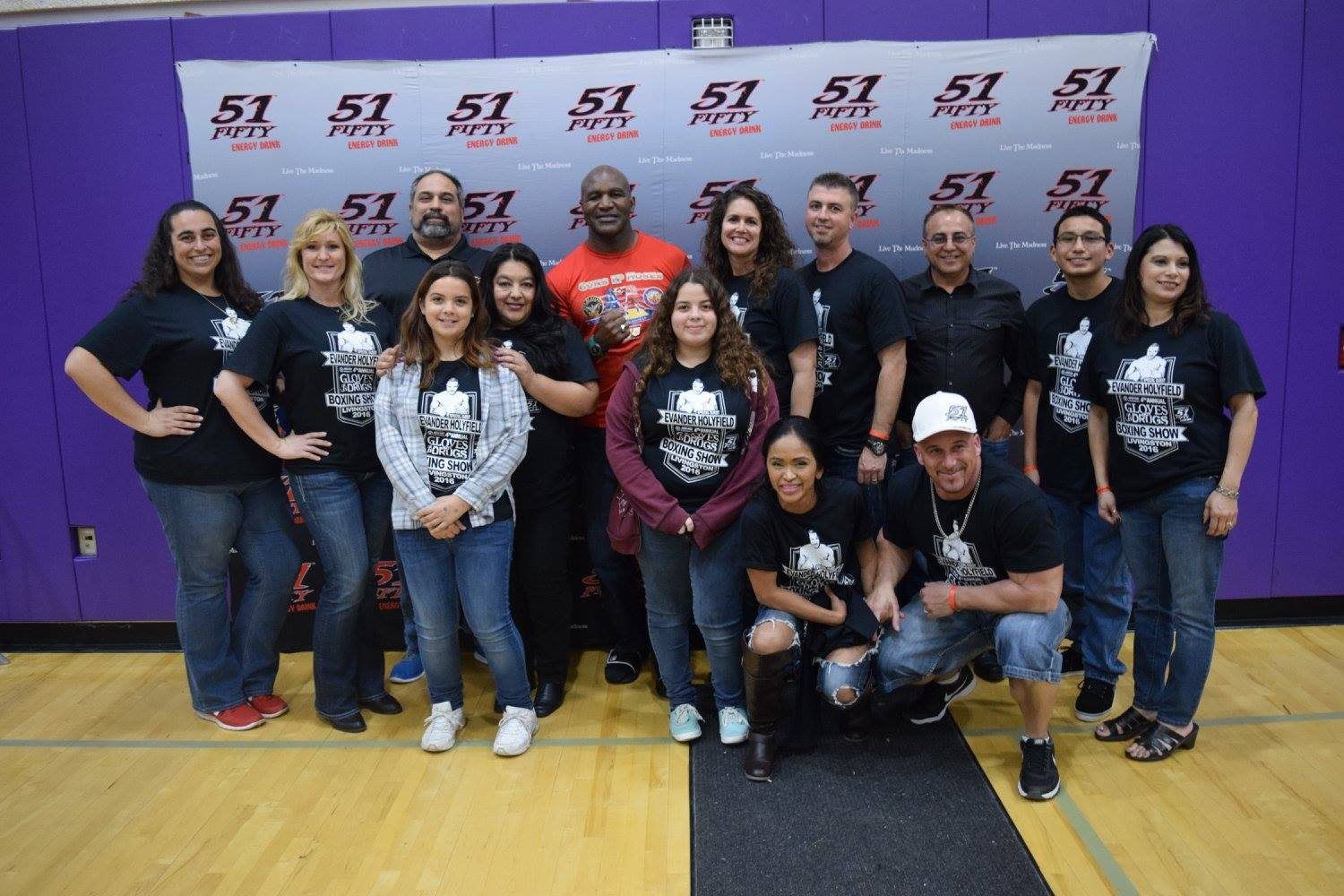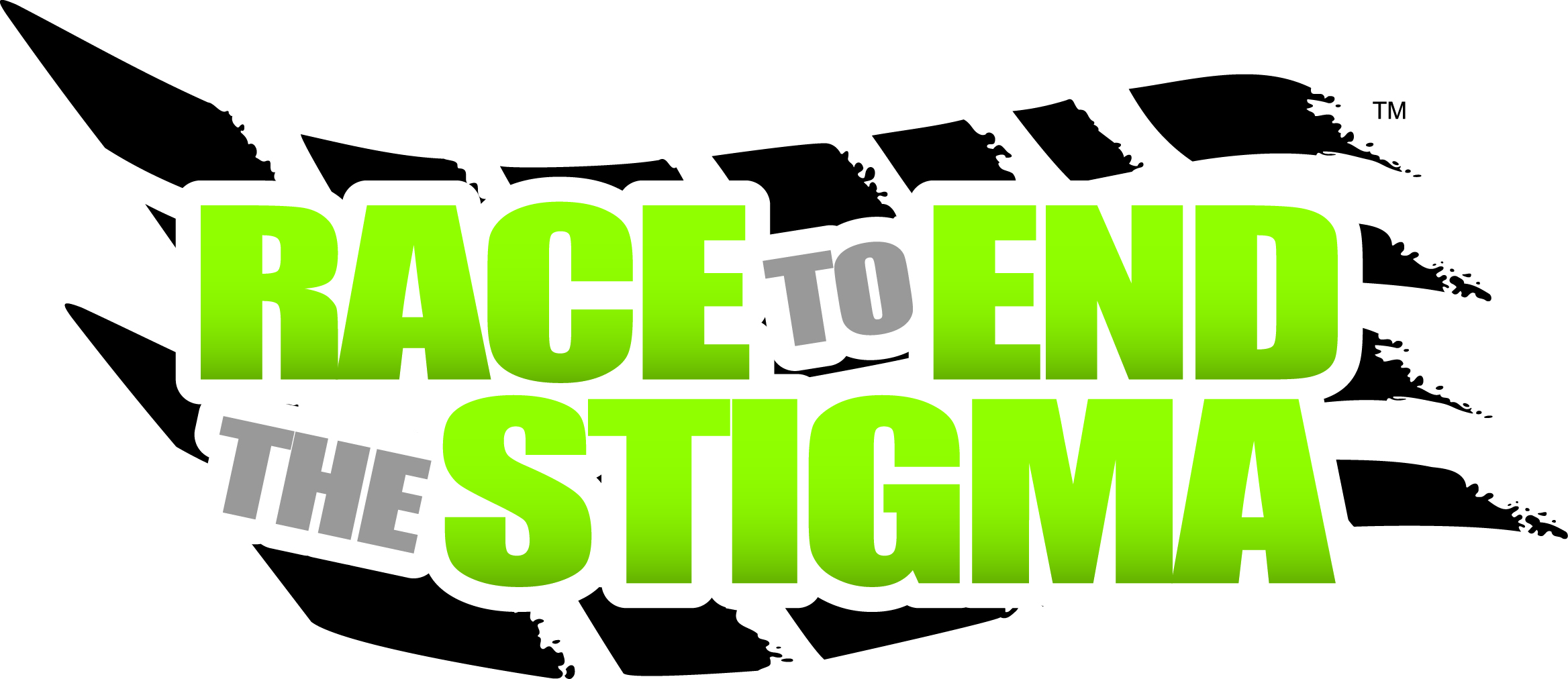Race To End The Stigma

How Does the Carlos Vieira Foundation Help?
The “Race to End the Stigma” campaign was created to not only change the way people perceive those who are living with mental illness, but also how those who are affected perceive themselves. At the Carlos Vieira Foundation, we strive to support the mental health community through education, fundraising and facilitating resources.
How?
- By starting the conversation and educating the public about mental health and individuals living with mental health
challenges. - By holding fundraisers and donating to organizations that provide resources and education for mental health aware ness, research, and support.
- By providing speakers in schools to discuss mental health awareness and foster early detection
- By supporting programs, like the Crisis Intervention Training Program, which train those whose jobs entail frequent
- Interaction with the public on how to recognize the symptoms of a person with mental illness.
What is Mental Illness?
Mental illnesses are medical conditions that disrupt a person’s thinking, feeling, mood, ability to relate to others, and daily functioning. Serious mental illnesses include major depression, schizophrenia, bipolar disorder, obsessive compulsive disorder (OCD), panic disorder, post-traumatic stress disorder (PTSD), and borderline personality disorder.
What is Stigma?
Stigma is defined as a mark of disgrace associated with a particular circumstance, quality, or person. In the context of mental health, people who are stigmatized against are often labeled as ‘different’ and devalued by society. Stigma around mental health can be:
- A lack of knowledge and understanding about mental health
- Negative attitudes, language and behaviors towards those with mental health problems
- People with mental health problems being seen as an illness rather than an individual
- Discrimination and unfair treatment of people with mental health problems that places limits on their opportunities and rights
- Lack of resources and unequitable funding for mental health services alongside lack of progress and innovation around mental health policy and legislation
Facts about Mental Health and Stigma:
- One in five Americans has experienced some form of mental illness
- Many factors can lead to mental illness, including genetics, physical illness or injury, and traumatic life experiences
- Fewer than one-third of adults and one-half of children with a diagnosable mental disorder receive mental health services in a given year
- More than 90 percent of those who die by suicide have a diagnosable mental disorder
- Approximately half of all chronic mental illnesses begins by the age of 14
What is the Impact of Stigma?
The effects of stigma on a person with mental health problems and those close to them are far-reaching and permeate daily life. It diminishes self-esteem and confidence, disrupts family relationships, limits opportunities in education and employment, social life and access to services. It can also act as a barrier to seeking help, speaking out and recovery.
Public stigma, which involves stereotyping, prejudice and discrimination, can also lead to self-stigma among individuals. This is when individuals accept the negative attitudes of society as true and come to believe they are less worthy of respect than others due to their mental health challenges. Self-stigma can lead individuals to believe myths such as they will not recover.
How Can I Fight Mental Health Stigma?
- Talk openly about mental health and treatment
- Educate yourself and others about mental health problems
- Be conscious of language by choosing your words carefully and refraining from using mental health conditions as adjectives
- Encourage equality between physical and mental illness by recognizing mental illness as a disease that must receive proper treatment
- Show compassion for those with mental illness
- Choose empowerment over shame by supporting people and focusing on the positive
- Don’t Harbor Self-Stigma
What are the Signs of Mental Illness?
Trying to tell the difference between what expected behaviors are and what might be the signs of a mental illness isn't always easy. Each illness has its own symptoms, but common signs of mental illness can include, but are not limited to, the following:
- Extreme mood changes, including excessive or prolonged negative or positive feelings
- Difficulties understanding or relating to other people
- Changes in sleeping habits, eating habits, social habits, or sex drive
- Difficulty perceiving reality or changes in one’s own feelings, behavior or personality
- Thinking about self-harm or suicide
- Inability to carry out daily activities or handle daily problems and stress
Getting Help:
If you or someone you know appears to be experiencing any possible warning signs, don’t be afraid to reach out to mental health professionals for help. A mental health professional will use the Diagnostic and Statistical Manual of Mental Disorders, published by the American Psychiatric Association, to assess symptoms and make a diagnosis. After diagnosis, a health care provider can help develop a treatment plan that could include medication, therapy or other lifestyle changes.
Mental illnesses are treatable. 70-90% of people who seek proper treatment for mental health disorders witness a significant reduction in symptoms. Most people diagnosed with a serious mental illness can experience relief from their symptoms by actively participating in an individual treatment plan. Some examples of treatment include medication, cognitive behavioral therapy, interpersonal therapy, peer support groups, and more.
If you or someone you know needs help now, you should immediately call the National Suicide Prevention Lifeline at 1-800-273-8255 or call 911.
Resources:
Change Your Mind:
changeyourmindni.org
National Alliance on Mental Illness (NAMI)
namica.org
Scholarship Program
Volunteer Now!
We are always looking for amazing people to join our organization and volunteer their time. From events all over to simple fundraisers, we always have a need for more volunteers.



